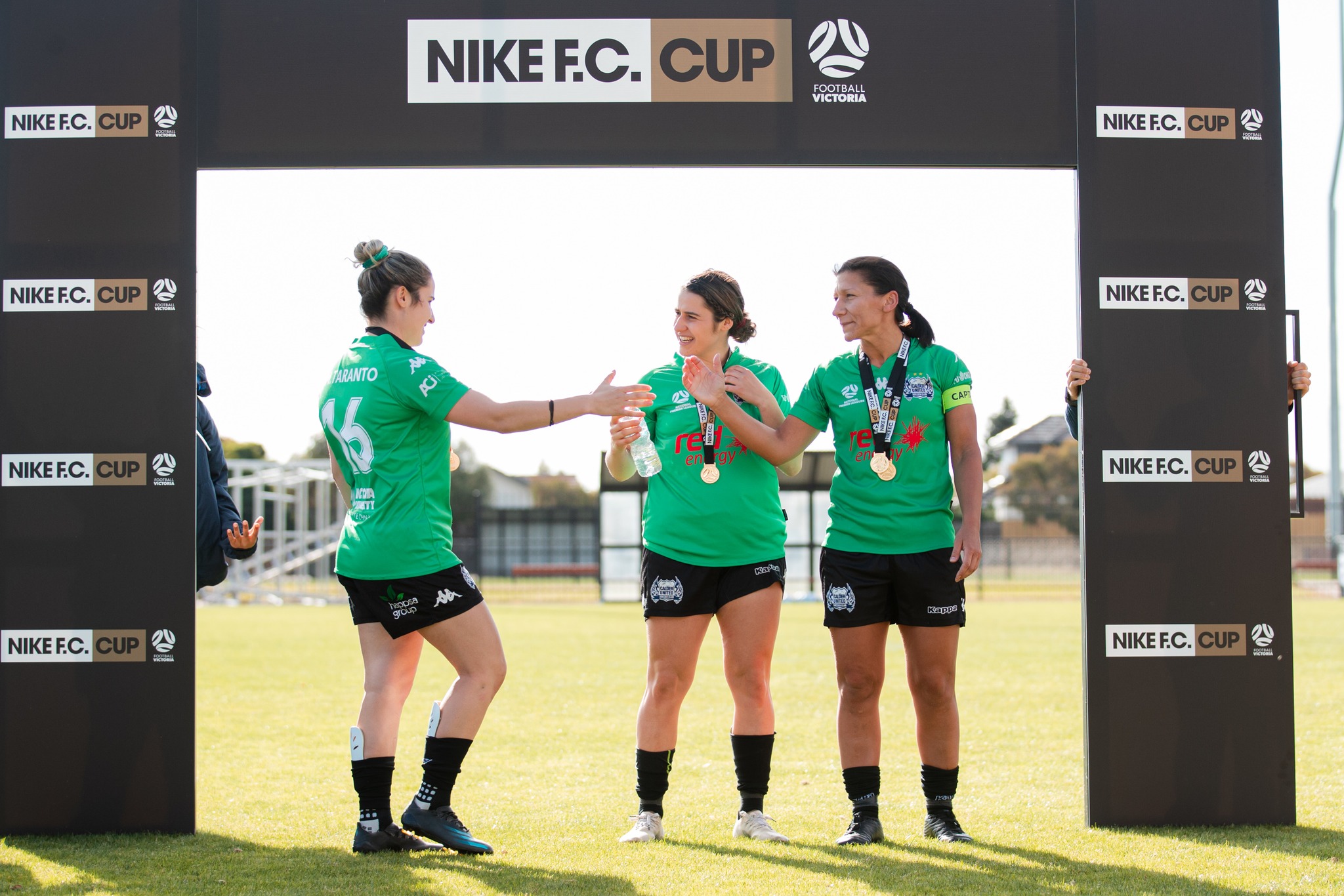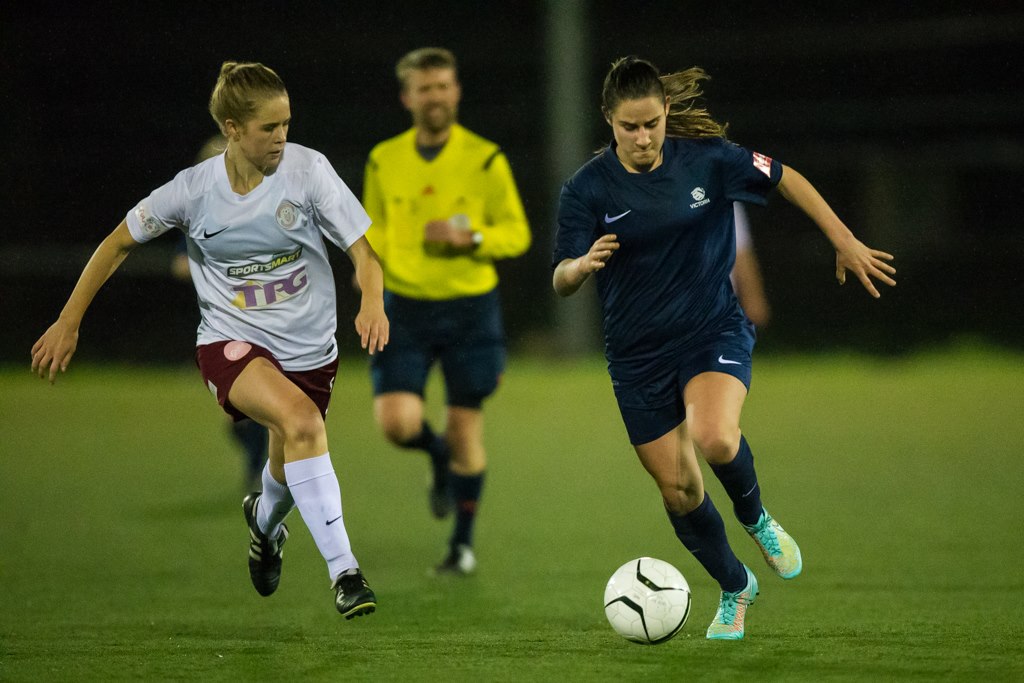Victoria’s Adriana Taranto made her CommBank Matildas debut over the weekend in Australia’s 1-0 loss to Panama in Perth.
The midfielder came on in the 63rd minute, replacing her Western United teammate and captain, Chloe Logarzo, to become Victorian Cap #21.
The 26-year-old said it was a "dream come true" to make her debut for her country only months after returning to the A-League following an ACL reconstruction.
"It was super special, something that, after the injury I had early last year, I didn't think would happen — being a little bit older now too," she said.
“Debuting was an honour and a privilege.”
“It was so great to put the shirt on and run out with the girls.”

Taranto's twin sister, Melissa, and her parents who have supported her throughout her entire journey made the trip to Bunbury for her debut, which made the match extra momentus.
"She (Melissa) was super proud of me, and so were my parents... it was super special that they got to be there and see it," Taranto explained.
“I wish my whole family could be here — you'd probably hear them from the other side of the field — but the support they give me is incredible. I wouldn't be here without all of them.”
Taranto’s call-up is also historic, as she became the first Western United player to earn a national team selection after progressing through the club’s pathway at Calder United.
Having debuted in the W-League at 16 years of age and represented Australia at youth level, Taranto won it all with Calder and has taken her game to another level at Western United, racking up 55 appearances in the Green and Black.

The St Monica’s College PE teacher has an extensive history in Victoria’s top flight before making it to the A-League and now the national side.
She started her top-flight playing journey at the FV NTC/Academy program in 2013, playing 41 matches in the then Victorian Premier League before joining Geelong Galaxy for 83 matches.
She then moved to Calder United in the NPLW, playing 54 matches for the now VPLW side and playing an integral role in their dominance of the competition in both league and cup formats.
